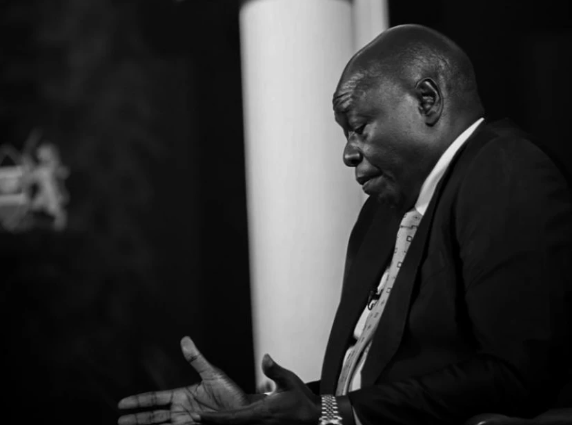The ongoing legal proceedings regarding Deputy President Rigathi Gachagua’s impeachment highlight significant constitutional and procedural issues within Kenya’s political landscape. Here’s a summary of the key developments:
1. High Court Ruling: For the second time, the High Court has declined to grant orders that would stop the impeachment proceedings against Deputy President Gachagua. The case was mentioned before Justice Bahati Mwamuye, who has directed that it be referred to the Presiding Judge of the High Court, Chacha Mwita, for further directions.
2. Consolidation of Petitions: The National Assembly has filed an application to consolidate all petitions challenging the impeachment process. They argue that there are thirteen petitions currently before the High Court, raising similar issues regarding the impeachment of Gachagua, which should be addressed together to ensure efficient judicial handling.
3. Previous Court Decision: On September 30, the High Court previously refused to issue orders preventing Parliament from proceeding with the impeachment motion. The motion, initiated by Cleophas Malala, aimed to bar the National Assembly and Senate from tabling or debating any motion seeking Gachagua’s removal.
4. Legal Arguments: Malala’s argument centers on the alleged failure of both Houses to meet the constitutional requirement of the two-thirds gender rule, suggesting that this breach invalidates the impeachment process under the Kenyan Constitution.
Implications
– Political Climate: The refusal to halt the impeachment process indicates ongoing tensions within Kenya’s political framework, particularly regarding the balance of power between the executive and legislative branches.
– Judicial Precedent: The High Court’s handling of this matter could set important legal precedents concerning impeachment procedures, gender representation in governance, and the interpretation of constitutional provisions.
– Public Perception: The impeachment proceedings and the accompanying legal challenges may affect public perceptions of the government, the efficacy of its leaders, and the rule of law in Kenya.
As this situation develops, it will be crucial to observe how the High Court manages these petitions and what implications this may have for the political landscape in Kenya.


